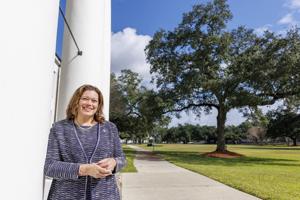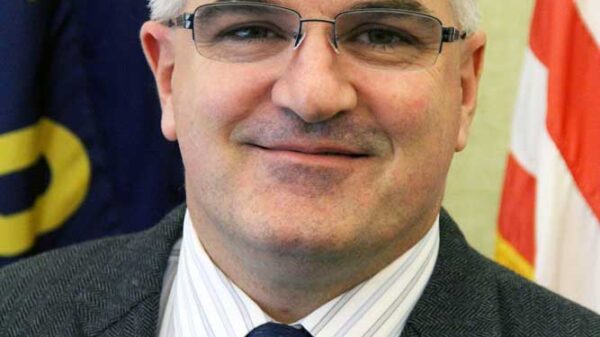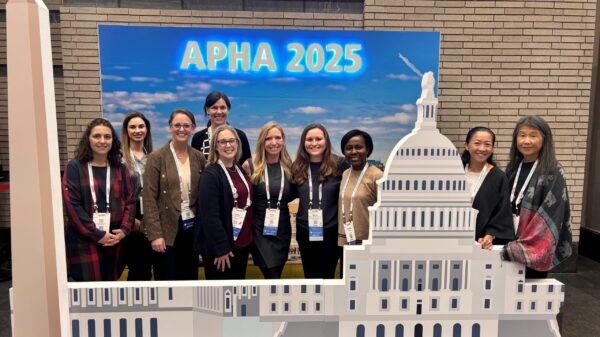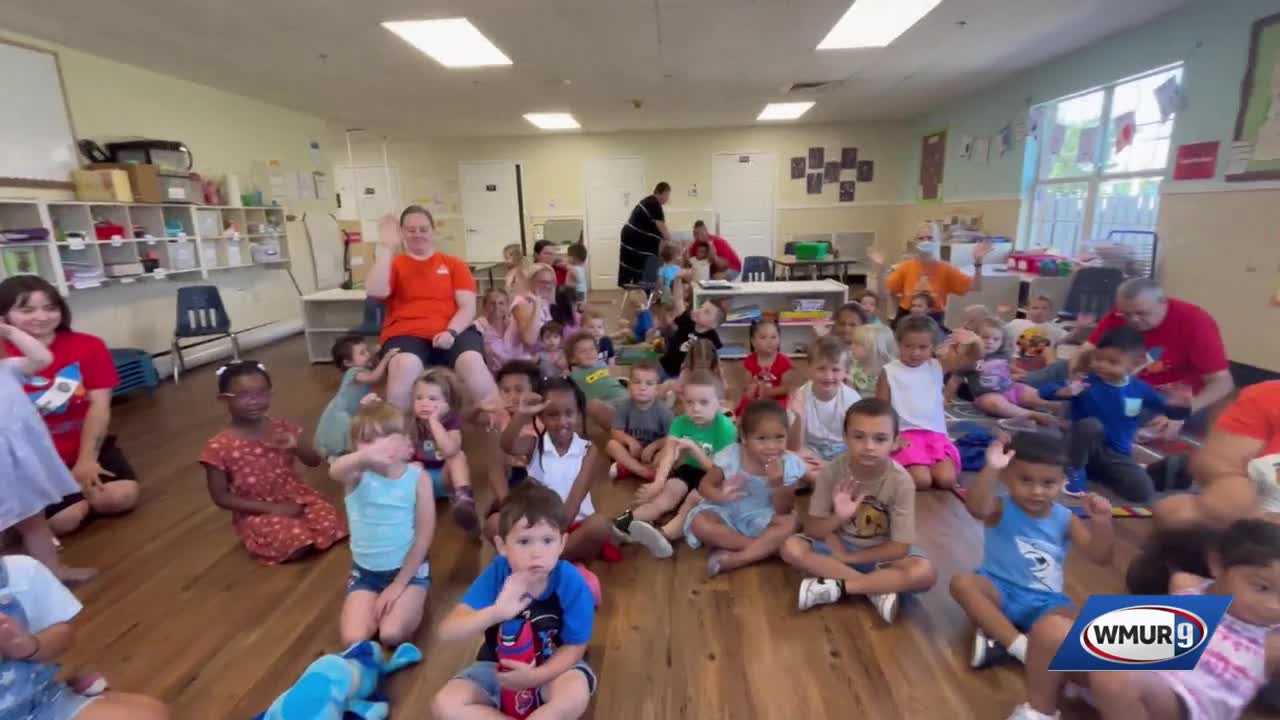In an engaging educational event, meteorologist Kevin Skarupa visited KinderCare in Nashua to answer students’ curious questions about weather phenomena. The visit, held on March 10, 2024, provided young learners with a unique opportunity to explore concepts such as rainbows, the formation of snowflakes, and the reasons behind the loudness of lightning.
Skarupa’s presentation began with a discussion on rainbows, captivating the children’s imagination as he explained the science behind the colorful arcs. He described how sunlight interacts with raindrops to create this beautiful weather phenomenon. With vivid examples, he illustrated how light refracts and disperses, producing the spectrum of colors that children often see after a rain shower.
The session continued with a dive into the intricate world of snowflake formation. Skarupa shared fascinating details about how snowflakes develop and the conditions that lead to their diverse shapes. He emphasized that no two snowflakes are alike, a fact that sparked excitement among the young audience.
As the conversation shifted to thunderstorms, Skarupa addressed the question of why lightning is so loud. He explained the science behind thunder, detailing how it results from the rapid expansion of air heated by lightning. The students listened intently, intrigued by the connection between these powerful natural events.
The interaction between Skarupa and the KinderCare students was lively, with many eager to ask follow-up questions. This educational experience not only enriched the children’s understanding of weather but also encouraged their curiosity about the natural world.
Such initiatives highlight the importance of engaging students in science education from a young age. By bringing real-world experts into the classroom, institutions like KinderCare foster learning that is both informative and inspiring.
Skarupa’s visit serves as a reminder of the value of community involvement in education, especially in fields like meteorology, where understanding the environment is crucial. As children continue to explore these concepts, they develop a foundation that will serve them well in their future studies.


































































